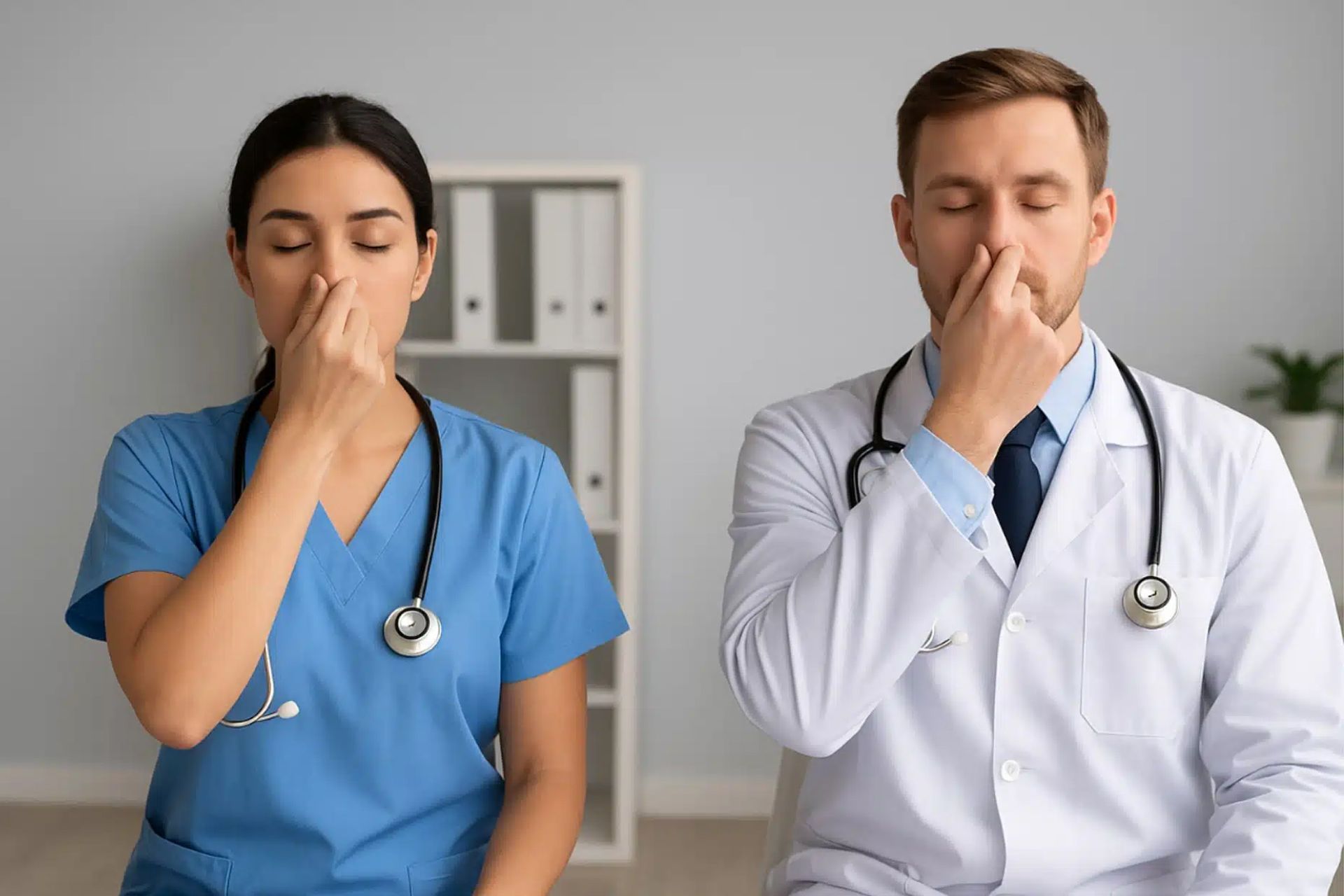Psychiatric Medications and Sexual Health: Managing Common Side Effects
Understanding the Sexual Side Effects of SSRIs: What Patients Should Know
Selective serotonin reuptake inhibitors (SSRIs) are among the most commonly prescribed medications for depression and anxiety disorders. These medications—such as fluoxetine, sertraline, and escitalopram have helped people find relief from debilitating and chronic mood symptoms. However, while their benefits are well established, many patients experience a less discussed but highly impactful side effect: sexual dysfunction. Sexual side effects can occur in both men and women and may include decreased libido, delayed orgasm, anorgasmia (inability to reach orgasm), and erectile dysfunction. These changes can negatively impact relationships, self-esteem, and overall quality of life. Understanding the nature of these side effects, their causes, and potential management strategies is essential for informed decision-making in mental health treatment.
Prevalence and Nature of SSRI-Induced Sexual Dysfunction
Research suggests that sexual side effects from SSRIs are both common and underreported. Symptoms can vary based on the individual, the specific medication, and the dosage. Commonly reported issues include:
- Reduced libido: A diminished interest in sexual activity.
- Delayed or absent orgasm: Difficulty reaching climax, even with adequate stimulation.
- Erectile dysfunction: Inability to achieve or maintain an erection.
- Decreased arousal and genital sensation: Feeling disconnected from pleasure.
These effects can most commonly appear within the first few weeks of treatment, although some patients may not notice changes until later in their course of medication.
Why Do SSRIs Affect Sexual Function?
SSRIs work by increasing the amount of serotonin available in the brain. This helps stabilize mood, reduce anxiety, and improve emotional regulation. However, serotonin also plays a complex role in sexual function. Elevated serotonin levels can inhibit other neurotransmitters involved in arousal and orgasm, most notably dopamine and norepinephrine, both of which are crucial for desire and pleasure. Essentially, while serotonin may help balance mood, it can simultaneously suppress the brain's sexual response. Furthermore, SSRIs can reduce blood flow to genital tissues.
Impact on Quality of Life
The sexual side effects of SSRIs are not merely physical inconveniences; they can lead to significant emotional distress. Patients may experience frustration, shame, or embarrassment. Some may avoid intimacy altogether, leading to relationship strain. Unfortunately, many patients do not report these issues to their providers due to discomfort or fear of being dismissed. Moreover, for some individuals, sexual dysfunction becomes a reason to stop taking their medication altogether. This presents a serious concern, as abrupt or unsupervised cessation of antidepressants can lead to withdrawal symptoms and relapse of depression or anxiety.
Strategies for Managing Sexual Side Effects
The good news is that these side effects are manageable in many cases. If you're experiencing sexual dysfunction while on an SSRI, you’re not alone and you don’t have to choose between your mental health and your sexual well-being. Several strategies may help:
- Wait and monitor: For some patients, sexual side effects diminish over time as the body adjusts to the medication. It may be worth giving the treatment a few more weeks before making changes
- Dose adjustment: Reducing the dosage, under medical supervision, can sometimes reduce side effects without compromising antidepressant efficacy
- Switching medications: Not all SSRIs affect individuals the same way. Some patients find relief by switching to another antidepressant with fewer sexual side effects, such as bupropion, which is often associated with improved libido.
- Adding a second medication: In some cases, a secondary medication can be prescribed to counteract the sexual side effects. Options may include bupropion, sildenafil, or others, depending on the patient’s needs and medical history
- Non-pharmacological approaches: Therapy, mindfulness-based sex therapy, and open communication with partners can also play a key role in managing the emotional and relational aspects of these changes.
When to Talk to Your Provider
If you notice changes in your sexual function after starting an SSRI, it's important to speak with your healthcare provider. These conversations can feel awkward, your doctor’s goal is to help you feel better not just emotionally, but physically and sexually as well. Being proactive can lead to a treatment plan that works better for you overall. Don’t hesitate to ask questions, advocate for your needs, and explore alternative strategies if necessary.
Conclusion
SSRIs can be life-changing medications, offering stability and relief from the overwhelming symptoms of depression and anxiety. But for many patients, the sexual side effects are an unfortunate tradeoff. These effects are real, common, and treatable. With the right support and adjustments, it’s possible to find a treatment plan that supports both your mental
health and your quality of life.
Chief Preceptor of Clinical Practicum Program – Dr. Okah Anyokwu
Director of Clinical Practicum Program – Xavier Hicks











